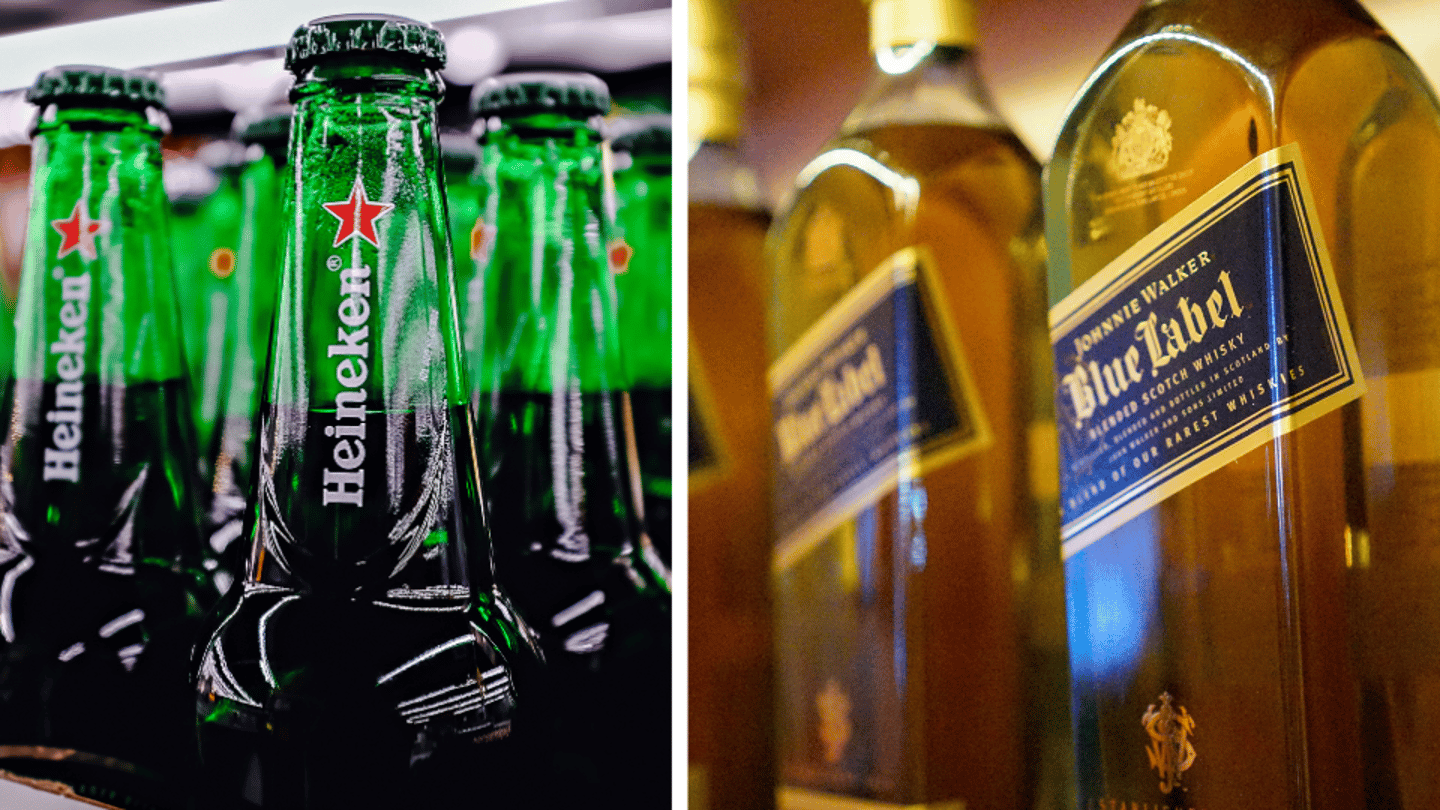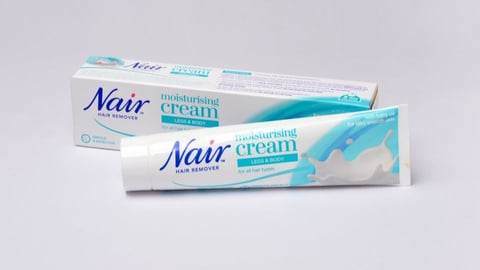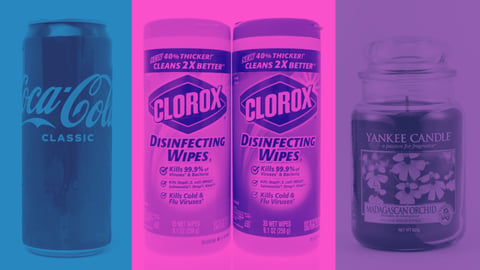Diageo’s AI Listening Finds Non-Alc Trend Growing, Heineken Highlights Social Barriers
Beverage consumption trends are shifting, with non-alcoholic alternatives to spirits and beer gaining interest among consumers but social pressures continuing to inhibit growth in the category, according to recent studies from Diageo and Heineken.
Diageo, which produces such brands as Johnnie Walker, Don Julio Tequila, and Guinness, has tapped into online discourse, using its proprietary AI-powered listening tool, Foresight System, built in partnership with Share Creative and Kantar, which scans over 160 million conversations to identify global consumer trends in the BevAlc space.
Its annual Distilled report found that consumers are participating in a trend referred to as “zebra striping” — alternating between alcoholic and non-alcoholic beverages during a single social event. This is tied to a 37% increase in “celebrating self-love,” per Diageo, and a 79% YoY increase in discussions around “decelerated occasions.”
Non-alcoholic brands are becoming increasingly available in mass retail, with stores such as Target stocking options. For example, Bero, a premium non-alcoholic beer brand founded by Tom Holland, just hit shelves.
"Non-alcoholic beverage has been a growth category at Target for five years now," said John Conlin, senior vice president of merchandising, food, and beverage at Target, in response to the Bero announcement.
Also read: Diageo North America Acquires Non-Alc Brand Ritual Spirits
Growth Stifled By Societal Pressures
Research from Heineken, conducted in collaboration with University of Oxford professor Charles Spence, confirms this trend, reporting the global 0.0 beer market is currently worth $13.7 billion and accounts for 1.7% of global beer volume.
However, the company also emphasized that acceptance within the zero and non-alcoholic beer market continues to receive some pushback as a result of societal pressures.
The company surveyed 11,842 adults across the U.K., U.S., Spain, Japan (over the legal drinking age up to 75 years old), and Brazil (18 – 65 years old), finding that 21% of Gen Z have concealed drinking low- and no-alcohol versions of alcoholic beverages due to these pressures and that 38% of Gen Z men said they would be willing to drink low- and no-alcohol versions only if their friends did so first.
In fact, 51% of people who said they wouldn’t end up drinking alcohol, still did so — likely as a result of societal pressures.
“For generations, alcohol has played a central role in the way humans socialize, therefore dominant assumptions and stereotypes surrounding our drinking habits remain deeply ingrained in society,” said Spence. “For many, alcohol is no longer the default in social situations — we’re seeing a shift towards more mindful consumption, despite the stigma that younger generations of legal drinking age still experience.”
More on Consumer Trends
Overall, Diageo found that consumers are spending more time and money on single products or events as they look for meaningful ways to connect and create “one-night-only” experiences. Conversations around making the most of products and events increased eighty-three percent YoY and there was a 42% increase in consumers speaking about alternative social spaces such as virtual reality gaming lounges and hybrid physical-digital venues.
The company expects artificial intelligence to become a support tool for consumers who seek feedback on daily choices, particularly as they prioritize self-love. Conversations around AI-enabled relationships increased globally – 83% worldwide with the largest growth in Europe (96%) and North America (91%).






